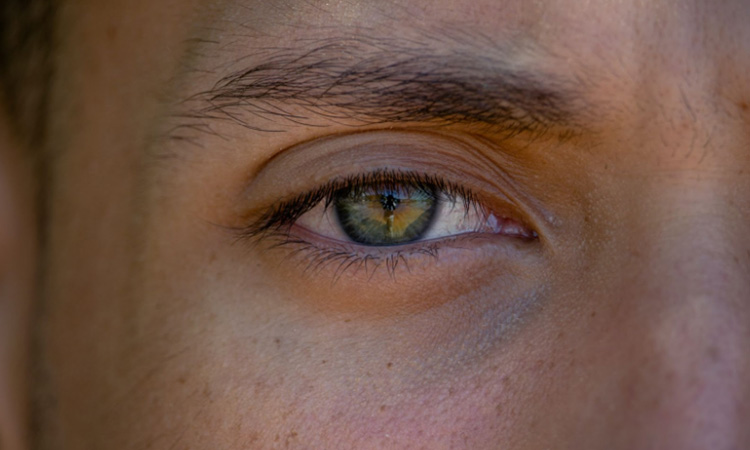
As you lay awake staring at the clock, you can’t help but notice the constant twitching in your eyes. You try to ignore it and tell yourself it’s nothing, but deep down you know something isn’t right. Little did you know, this small inconvenience could be a red flag for something far more serious—the effects of sleep deprivation on your eye health.
So, if your eye keeps twitching; or better yet, before that happens, make sure you’re well-informed about the effects of sleep deprivation to eye health.
Dry Eyes
One of the most common problems associated with a lack of sleep is dry eyes. This occurs when the eyes do not produce enough tears to keep them lubricated, causing discomfort, itching and, worst, even pain.
That’s because sleep helps to maintain the health of the tear glands and the production of the tears that keep your eyes lubricated. Without enough sleep, these glands can get fatigued and unable to produce enough tears, leaving your eyes dry and irritated.
Blurred Vision
Another problem that can arise from a lack of sleep is blurred vision. This occurs when the eyes are unable to focus properly, leading to a loss of sharpness and clarity. This can make it difficult to read, work on a computer or even drive. In extreme cases, it can even cause temporary vision loss.
The reason is that during sleep, the brain processes and organises visual information. And if you don’t get enough sleep, the brain is unable to process this information properly, leading to blurred vision.
Long-Term Effects
Down the line, long-term sleep deprivation can lead to permanent vision loss. Studies have shown that people who suffer from chronic sleep deprivation are at a higher risk of developing age-related macular degeneration, a condition that can cause permanent vision loss in the central part of the visual field.
During sleep, the body can repair and rejuvenate itself, including the cells in the eyes. However, if you don’t get enough sleep, your eyes won’t be able to do it, leading to degeneration over time. If you’re struggling with sleep, consider using free sleep tracking apps to monitor your sleep patterns and seek ways to improve your rest.
Quality of Sleep
It’s not only the quantity of sleep that’s important, but also the quality of sleep. People who suffer from insomnia or other sleep disorders may find that they wake up feeling tired even after a full night’s sleep. This is because they have not been able to achieve the deep, restorative sleep that is necessary for the body and the eyes to repair and rejuvenate themselves.
How to Improve Sleep
In order to keep your eyes healthy, it’s essential that you get a good night’s sleep regularly. Aim for anywhere between seven and nine hours per night, Create a comfortable and conducive sleep environment. This might include keeping the bedroom dark, quiet and at a comfortable temperature, as well as avoiding electronic devices and caffeine in the hours leading up to bedtime.
In addition, developing healthy sleep habits and addressing any underlying sleep disorders can help improve the quality of your sleep.
Conclusion
The twitching of your eyes isn’t something to ignore. It could be a sign of something serious, as mentioned early in the article. So, make sure to prioritise getting enough sleep and improving its quality all the time!

Leave a Reply